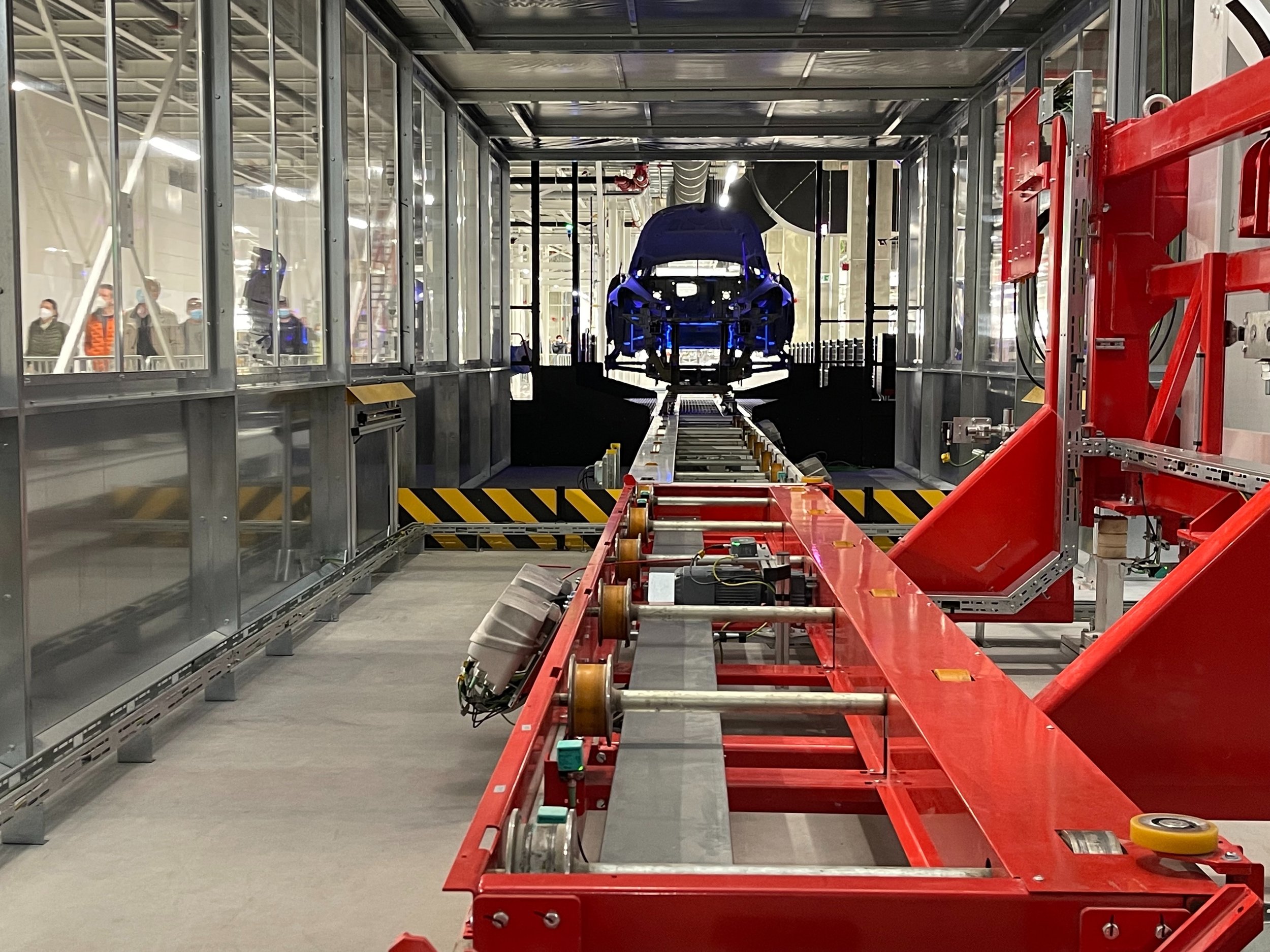Research & communications professional passionate about using data analytics to deliver insights that impact strategic thinking
-
I love bringing data insights to life. I work with advanced Excel, Python, R and SQL to analyze large datasets, and use Tableau, JavaScript and other front-end and BI tools to effectively communicate findings.
-
I have more than 10 years of research experience across business, finance, policy and legal topics with a focus on technology and the transportation sector. I love fusing quantitative analysis with qualitative insights.
-
I excel at synthesizing complex information into compelling narratives for different audiences, and am skilled at crafting effective communication strategies based on research insights. I speak German, English and French fluently, and Hebrew on a conversational level.
I am currently providing research insights on the intersection of AI and societal impact to Google Research, helping shape strategic initiatives and communication strategies. Prior to that, I spent seven years conducting executive and investor-focused analyses as a business and finance reporter for Reuters, the world’s largest news agency.
I am also a data analyst, using code and visual applications to generate insights from large datasets.
You can find a selection of my data analysis and research projects below and explore more throughout this site.









